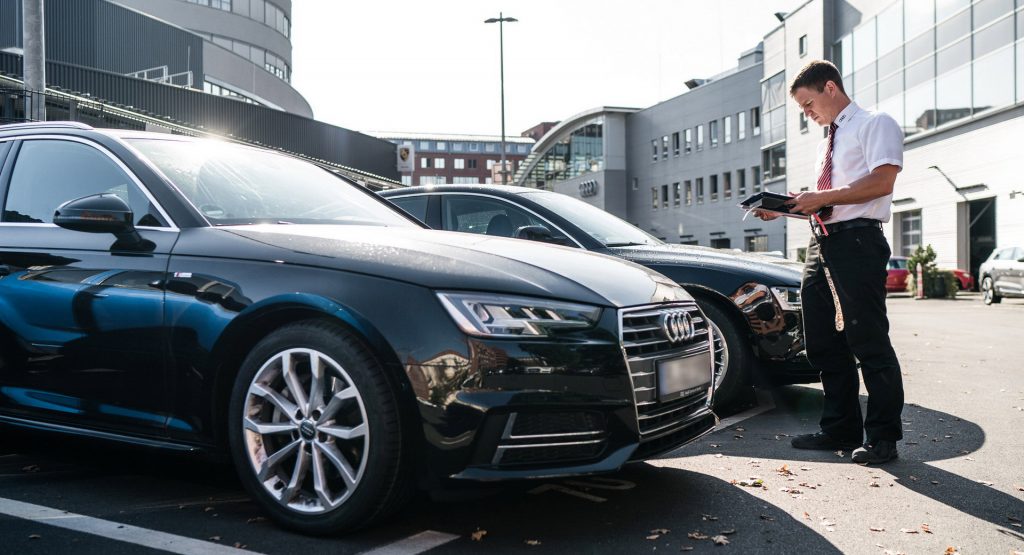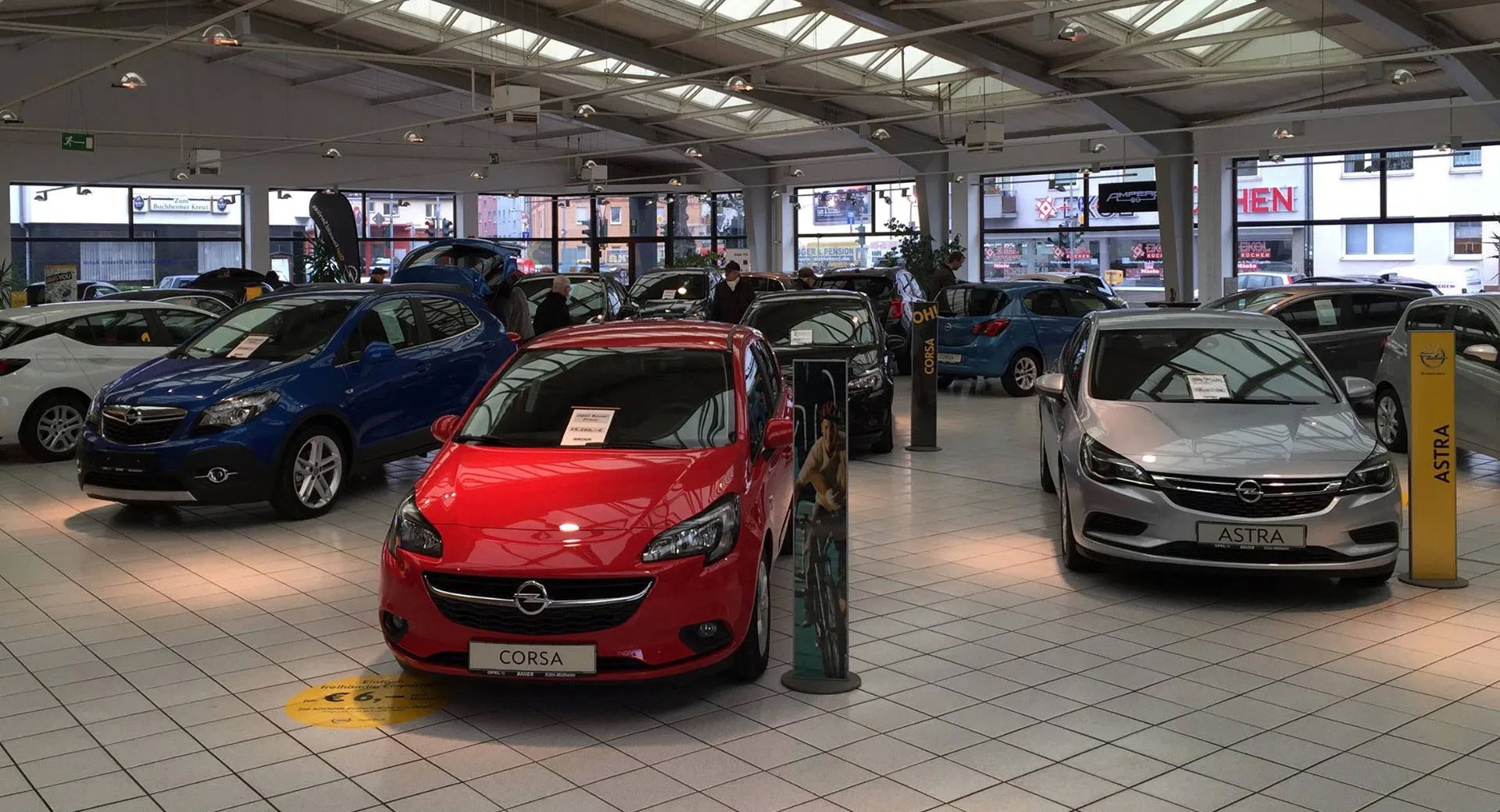Even though Germany had its car showrooms open all of last month, most customers still stayed away from making purchases, despite all of the safety measures taken by retailers.
New car sales fell 50 percent last month, which is only slightly better than the numbers from April, which stood at 61 percent. There were a total of 168,148 registrations, according to data released by the KBA transport authority.
Meanwhile, the head of the VDIK importers association, Reinhard Zirpel, said that reopening the dealerships “had almost no positive effect on demand. The state of the passenger car market remains dramatically bad,” he added.
Read Also: Germany Doubles EV Incentive, Will Require Gas Stations To Have EV Chargers
While Germany did double its incentives for both fully electric cars as well as plug-in hybrids, the stimulus package featured no benefits for buyers of gasoline and diesel-powered vehicles. According to the ZDK dealers association, the package is “not even a drop in the ocean” in helping to move unsold new cars worth roughly 15 billion euros ($17 billion) in dealerships.
As for how each brand did individually, all German carmakers saw a drop, with BMW down 62%, Opel down 60%, VW down 52%, Audi down 46% and Mercedes down 43%. The largest drop among foreign brands was registered by Dacia, down 63%, followed by Seat with 61% and Ford with 57%, reports Autonews Europe.
Even Tesla, which had a decent month of April, suffered a 28% drop in May.
However, there were some carmakers that actually saw an increase in volume, as Subaru and Fiat were both up 13%. Meanwhile, sales of fully electric vehicles went up 21% to 5,578 for a 3.3% market share (up for 1.4% in May of 2019), and registrations of PHEV models more than doubled to 6,755 units, with their market share increased to 4% from 1% the year before.
As for gasoline and diesel cars, sales dropped by 56% and 52% respectively.




